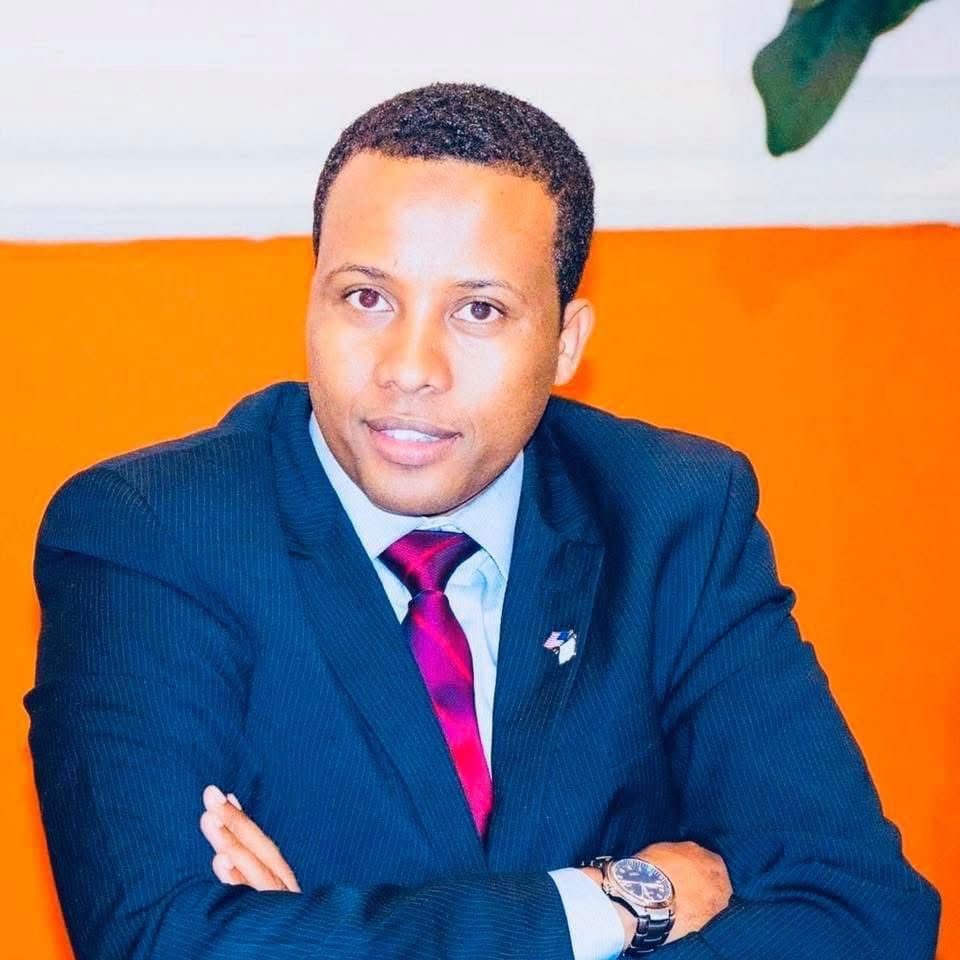By: Suleimam Hashi
Following the recent emergency summit of Arab and Muslim countries held in Doha, which brought together Arab and Islamic organizations in response to Israel’s overt attack on Qatar, where they all declared solidarity with Qatar and condemned Israel’s bombing of the Qatari capital, an incident that Israeli Prime Minister Netanyahu claimed was aimed at Hamas officials who at the time were discussing the U.S. president’s peace proposal, there is much for us to reflect upon regarding the future of the Middle East and the Arab world.
The attack on Qatar has sparked important discussions about the need for mutual dependence among these nations for future security.
Subsequent meetings have taken place in various locations since the conference, including Doha, Amman in Jordan, Riyadh in Saudi Arabia, and Cairo in Egypt.
One significant development from these discussions is the military pact between Saudi Arabia and Pakistan.
This agreement marks a historic moment, establishing a defense partnership between one of the most economically powerful nations in the Muslim world and the only Muslim country with nuclear capabilities.
It sends a clear message that this partnership extends beyond mere defense engagement; it addresses concerns that some Arab nations have regarding potential threats, particularly the possibility of Israel using weapons of mass destruction against them. Now more than ever, these countries are seeking reliable partners that can offer genuine support.
As both leaders, Crown Prince Mohammed Bin Salman of Saudi Arabia and Prime Minister Mohammad Shehbaz Sharif of Pakistan, embark on this promising initiative to unify their military defense, it is essential to consider the implications for the broader Muslim community. Their collaboration could serve as an inspiring example for the other 57 member countries of the Organization of Islamic Cooperation (OIC). This effort could be critical for fostering unity and cooperation among diverse nations.
It would also be beneficial to explore the creation of a military alliance similar to NATO, which could provide a unified defense strategy. This could be a crucial step toward strengthening the security framework for the entire Muslim world, especially in light of escalating tensions. The recent attack on Qatar highlights the urgency of coming together to address these challenges collectively.
In conclusion, this military pact has the potential to be a transformative moment for Muslim nations. It is essential to recognize the gravity of the situation and work toward a cooperative framework that ensures peace and security for all.
Suleiman Hashi is a Somali-American journalist, political analyst and founder of Horufadhi Media Group.


